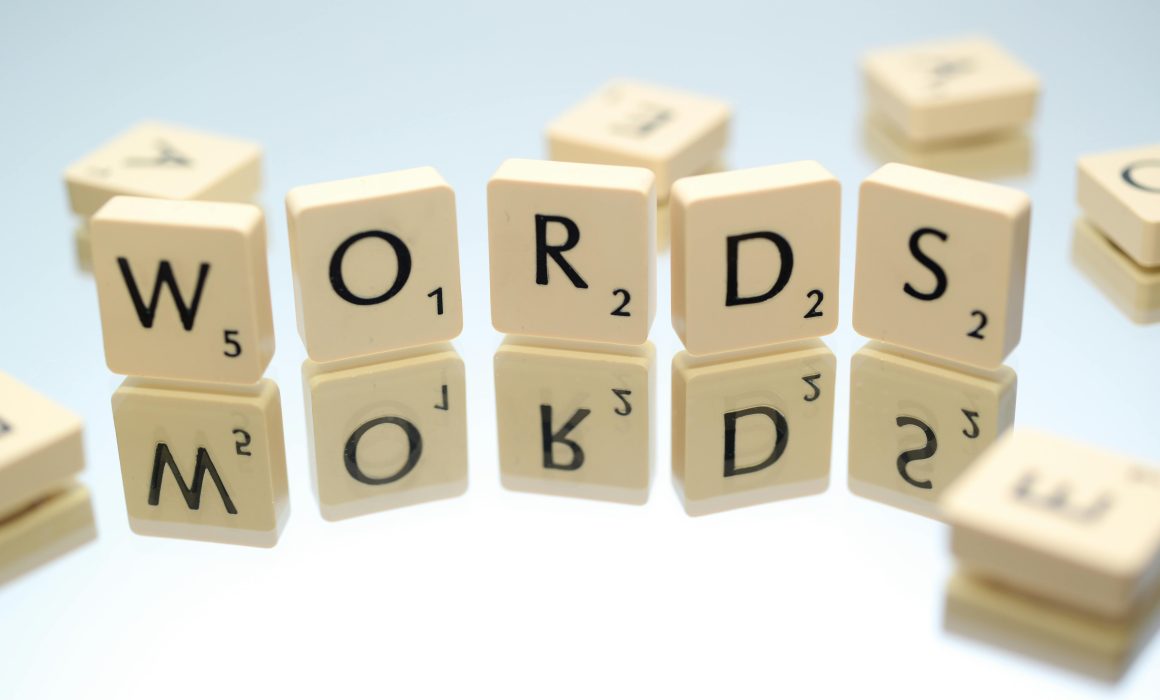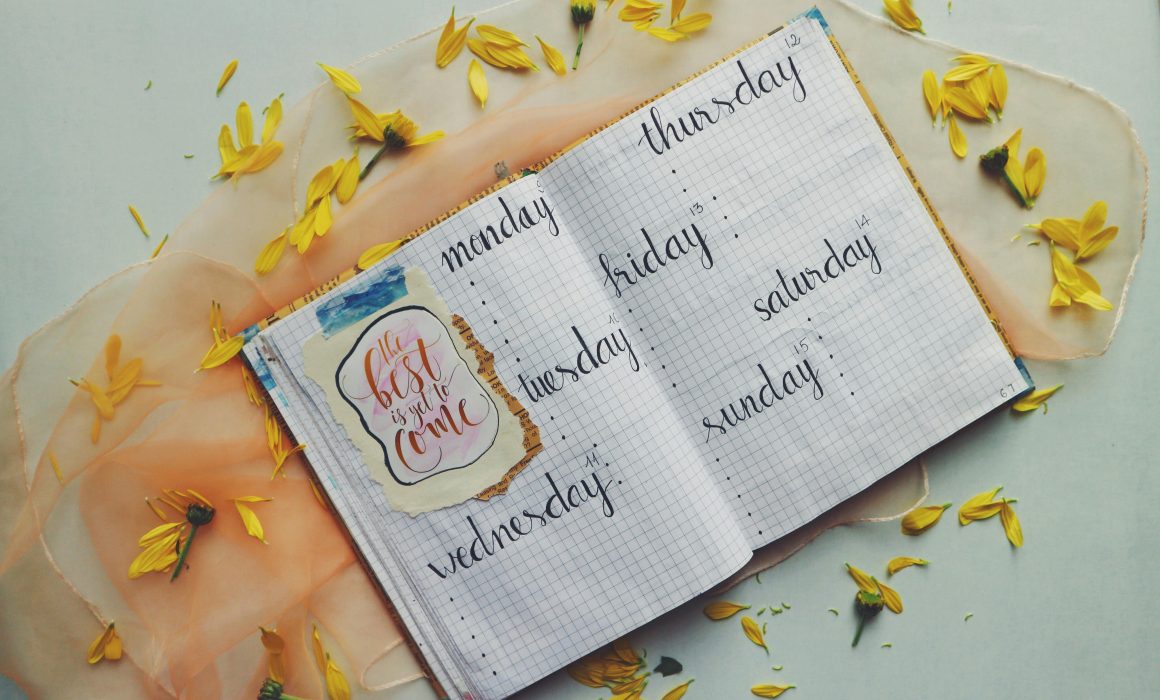Master essential French phrases for everyday conversations!
Whether you’re traveling, learning the language, or connecting with French speakers, these 10 must-know expressions will help you sound more fluent and confident.
Perfect for beginners and intermediate learners alike.
Start speaking French with ease today!










